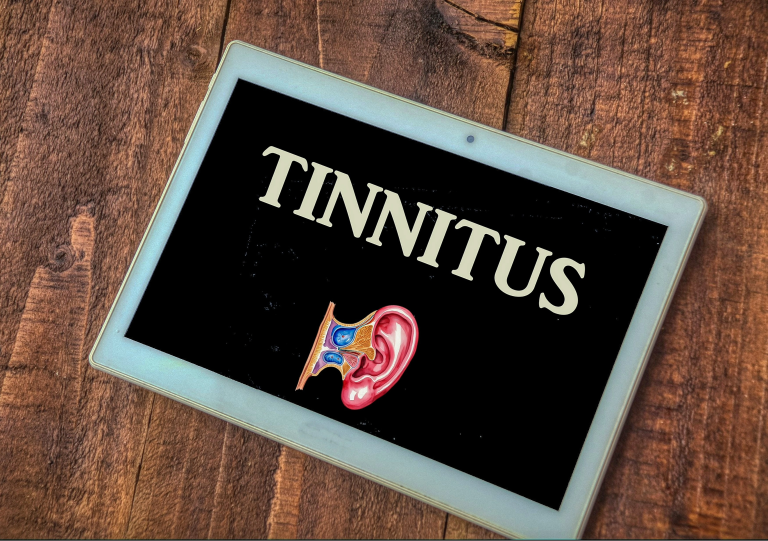Tinnitus, often described as a ringing, buzzing, or hissing sound in the ears, affects millions of people worldwide. For those living with it, tinnitus can be more than just an annoyance—it impacts daily life and emotional well-being.
While there is no one-size-fits-all cure for tinnitus, hearing aids have emerged as a valuable tool in managing its symptoms over time. Here, we explore how hearing aids can help with tinnitus and why they might be a game-changer for those struggling with this condition.
Tinnitus and hearing loss often go hand in hand. When hearing loss occurs, the brain compensates for the lack of auditory input by amplifying neural activity, which can manifest as tinnitus. This ‘phantom noise’ tends to become more noticeable in quiet environments or when the brain focuses on the absence of external sound. Rather than just difficulty in conversations, the emotional impact of tinnitus can be significant, often leading to increased stress, anxiety, and difficulty concentrating.

Hearing aids, on the other hand, are designed to amplify external sounds for better hearing. By doing so, hearing aids make the internal tinnitus less noticeable and help the brain focus on meaningful sounds instead of the disruptive ringing or buzzing. Better yet, many modern hearing aids come equipped with built-in tinnitus masking capabilities. These devices emit soothing sounds, such as white noise or nature sounds, to cover or ‘mask’ the tinnitus, providing immediate relief. Advanced hearing aids also allow users to programme specific sound therapies, such as ocean waves or gentle static, tailored to their individual needs. With smartphone and app connectivity, users can easily adjust masking sounds, volume, and settings on the go. Audiologists can further tailor hearing aids to suit individual hearing profiles, ensuring optimal tinnitus relief alongside improved hearing clarity.
Hearing aids contribute to emotional well-being by reducing stress through amplified sounds and masking features, which minimise the mental strain caused by tinnitus. Improved hearing clarity also eases communication in social and professional interactions, reducing frustration and helping users feel more connected and confident.
Living with tinnitus can be challenging, but you don’t have to face it alone. Hearing aids offer a practical and effective solution, helping to reduce the impact of tinnitus and improve overall quality of life. If you’re struggling with tinnitus, consider speaking with a hearing care professional to explore how hearing aids can help you regain control and find relief. They may also explore complementary therapies such as cognitive behavioural therapy (CBT) or sound therapy as part of a holistic treatment plan, giving you greater control over your tinnitus management.

